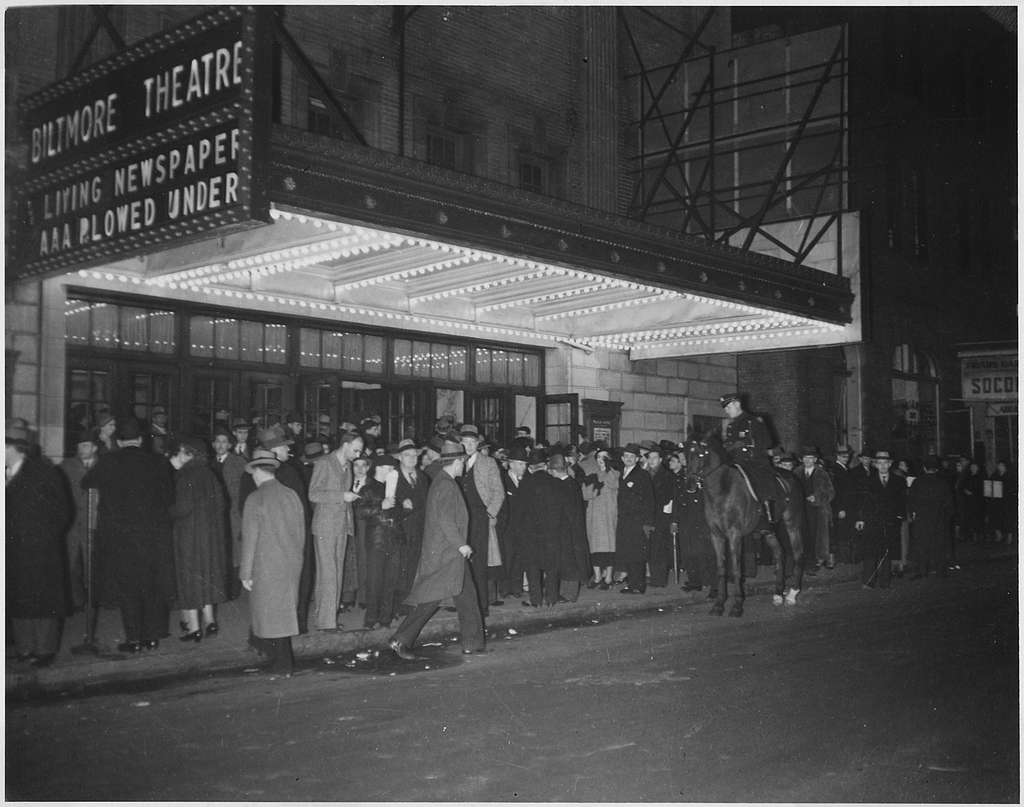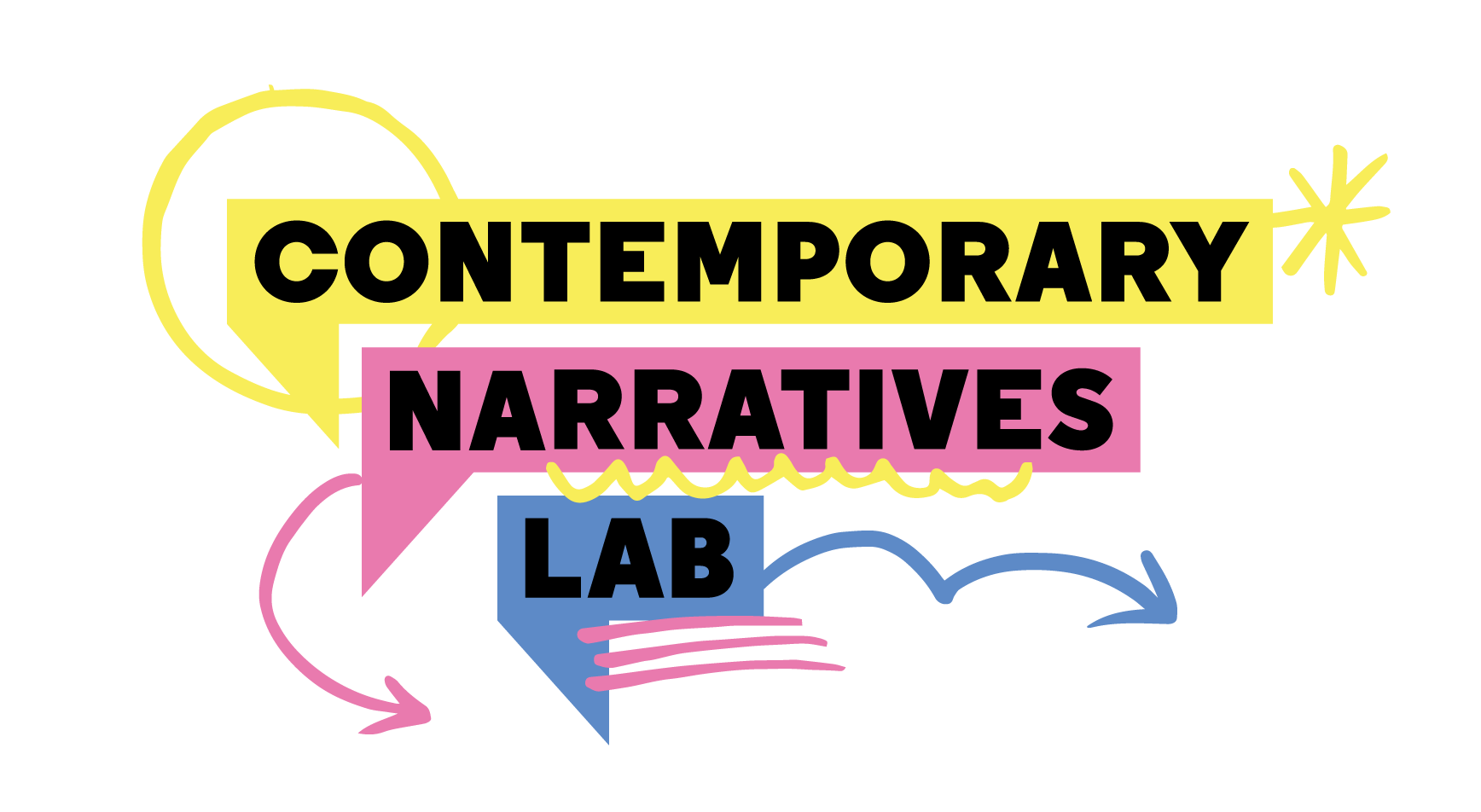How does the way the media reports on crime affect communities? That’s what It’s Criminal, a new storytelling project taking place in Glasgow this year, aims to find out.
The initiative is a collaboration between Contemporary Narratives Lab, The Ferret and Greater Govanhill magazine, supported by City University of London’s Higher Education Innovation Funding Knowledge Exchange. We will be working with a group of people with direct experience of the criminal justice system and with people from communities often scapegoated or blamed for crime.
Together, we will be investigating the many ways in which traditional crime reporting models can perpetuate inequality and negative perceptions of certain neighbourhoods and groups. We’ll look at relationships between the media and the police. Lastly we will also collectively imagine and bring to life different ways of thinking about reporting on justice, as well as how to create news and information that benefits everyone.
We will be running a pop-up newsletter during the process, to share interviews, ideas, resources, and keep you updated with the progress of the project and ways you can get involved. In the summer, It’s Criminal participants will put on a live collaborative journalism show presenting our findings. There will also be a special edition of Greater Govanhill magazine dedicated to exploring the issues, as well as potential for a community-led investigation to come out with The Ferret.
Some of the inspiration for the project comes from the historic Living Newspaper theatre model in the US, which was part of the Federal Theatre Project started in the 1930s, and in turn was inspired by German political theatre. Launching the careers of writers such as Orson Welles, as well as supporting the rise of Black American theatre, the project was eventually shut down for suspected “Un-American activities”. Before that, the model allowed journalism to be brought to life on stage by groups centred around particular issues - everything from agriculture to electricity generation and sexually transmitted illnesses.

A Living Newspaper performance in New York City in 1936. Source: U.S. National Archives and Records Administration
London’s Royal Court Theatre experimented with the format during the Covid pandemic, using classic newspaper fixtures such as the cartoon and the agony aunt column.
It’s Criminal is also inspired by thinking about how journalism and journalists can do better in building trust and listening deeply to communities’ concerns and ideas about how crime should be reported, in a way that draws from restorative justice practices.
Much of the leading exploration of how to change up crime reporting for the better is currently happening in the US and covers ideas from the relatively simple - such as not using people’s mugshots in newspapers as they can count against them in the future - to the more complex such as trying to shine a light on the relationships between journalists and police.
We want to apply some of this thinking to Scotland, and want to share our process as we go along, as well as our learnings when we wrap things up.
How can you get involved?
We want as many people as possible to get involved in It’s Criminal. These are some ways that you can take part:
-
Do you live in Glasgow and have experience of the criminal justice system, or are part of a group often scapegoated for crime in the media? Would you like to take part in a paid participatory group exploring media representations of crime? Most work will take place April-July 2023. If you’re interested, please fill in this form, or alternatively email us.
-
Have you seen problematic headlines or articles about crime in Glasgow, or elsewhere in Scotland or the UK? Please email us a link or a screenshot, and tell us what stood out to you about it.
-
Do you want to come along to our live journalism show in the summer? We’ll be letting our newsletter mailing list know when tickets become available so you can have the chance to secure your tickets before everyone else. Tickets will be free to ensure the event is open to all. Sign up here
Please also share this with anyone you know who would be interested in following or contributing to this work.

